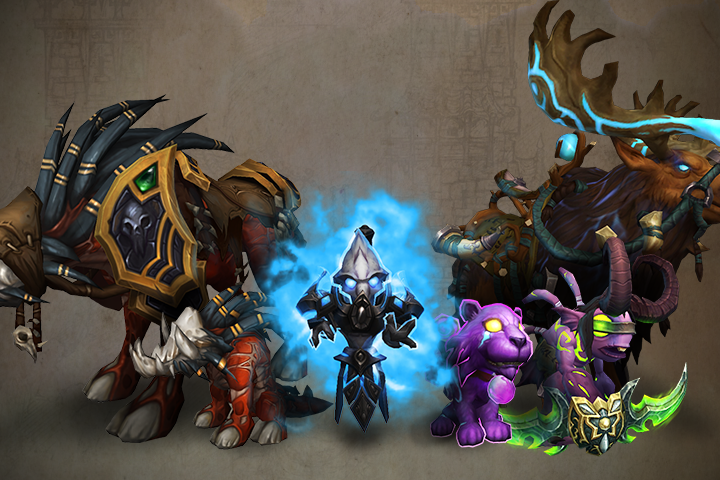Have you ever been saddened when coming to the end of a game you truly loved? The other day I was having a conversation with a friend who told me he just couldn’t make himself finish The Witcher 3. He has connected to the character and doesn’t want to let it go. He explained to me that he has had the same problem with a number of games he felt greatly immersed into. I have experienced this many times when reading. I get very invested in the characters of the books I read and when I get to the end of a new series I’ve grown to love the last pages tend to sadden me. I know I can reread the book but unless I know more of the same will be released I cannot be satisfied because I will never have new experiences with these characters again. It turns out however that caring about the disappearance of a fictional character is normal and even healthy according to scientists.
During the television writers’ strike of 2007–2008 a study called “How Do We React When Our Favorite Characters Are Taken Away? An Examination of a Temporary Parasocial Breakup” was carried out to examine reactions to the many television shows taking temporary breaks in their airtime. Moyer-Gusé (assistant professor of communication at Ohio State University and co-author of the study) said the results of this study suggest that the relationships some viewers have with their favorite television characters are indeed like what they have with real friends.
“While some participants felt real distress at the loss of their favourite TV shows, the distress is not comparable to the distress that comes from real breakups,” she said. “There are some aspects of relationships with TV characters that may be comparable to real relationships, but the intensity is generally much lower.”
What happens when we immerse ourselves in these fictional worlds is that we form real but parasocial relationships with these character who are not real. Strange, huh? A parasocial relationship is a one-sided relationship where one person extends some level of emotional commitment, interest, time or effort whilst the other person remains unaware of their existence. These parasocial relationships are most common with celebrities and even organizations such as sports teams.
I previously described the development of parasocial relationships in my blog post “Why do we care about fictional characters?” when I wrote: “It is common for individuals to have very strong emotional responses to public personas they have never met. The tears shed over the death of Princess Diana is a very good example.” I went on to describe the extraordinary public expression of grief that met Diana’s death with more than a million bouquets left at Kensington Palace and yet more still at her family’s estate of Althorp and over one million people lining the four-mile route from Kensington Palace to Westminster Abbey at the day of the funeral. Diana caused a very real emotional stir in millions of people that had never met her or had any real life interaction with her.
When we speak of celebrities or fan culture in general it is clear that the unhealthy boundaries can be crossed over quite easily. The study I spoke of above however concluded that it is very rare for these bonds to become unhealthy in fictional settings. One could even say that these relationships can be positive since they enable us to explore emotional reactions and triggers in a safe way. Since our interactions with a character in a video game is indeed one-sided we are protected from things like social rejection.
The interesting thing is that these parasocial relationships we form with fictional characters are almost identical to the ones that some of my readers might have formed with me. Unless you’ve interacted with me personally in the comment section of my blog posts then these interactions are one-sided and parasocial. Reading my thoughts and ramblings these last six months is likely to have made you shape some kind of idea of who I am or what I am like. You’re also likely to have formed a personal opinion about that persona I have become in relation to who you are, i.e. what you like or dislike. Maybe you have found yourself thinking while reading my blog posts “I like her, she writes about interesting things” or “God, I can’t take any more of this, please make it stop. This person is crazy”. Especially after seeing more personal information (such as the 11 facts on the About page) you might have found yourself forming a personal connection to this lunatic stranger that you have never met.
Now to the sad news. As I recently started studying at university again I have had limited time for writing. I have therefore decided to take a small break for a few weeks. This is not an ending, just a temporary break up such as in the case of the television writers’ strike of 2007–2008. I will still write sometimes when I get the time for it but even when I get back to it it will not always be weekly and I will no longer be able to commit to my old schedule of new posts every Monday and Friday. I so much appreciate all of those anonymous internet users out there who have read my ramblings these last six months and I hope to see you all in the comment section below in order to take the parasocial element out of this relationship between reader and writer. If you haven’t already, make sure to follow me on twitter, facebook or google+ where I will make sure to update you all if I get the time to write something worth reading!





